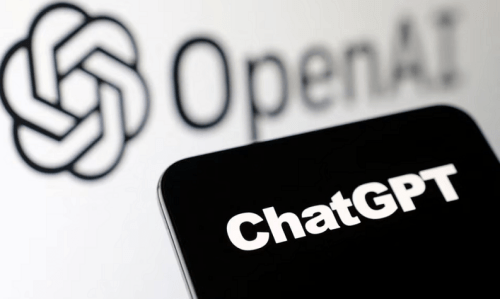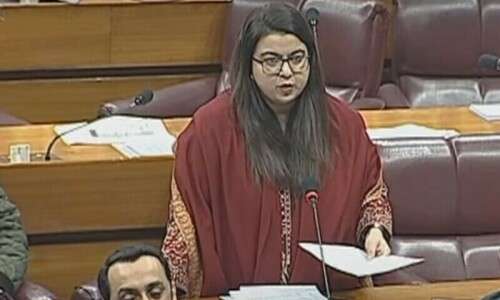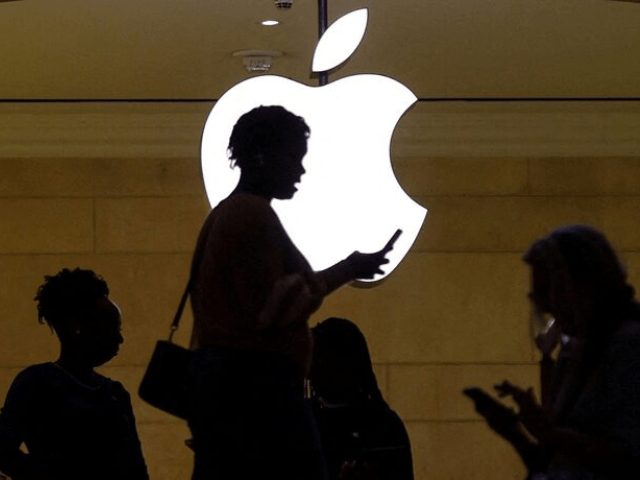Introduction:
In a significant legal development, the Indian news agency, ANI (Asian News International), has filed a lawsuit against OpenAI in the New Delhi High Court. The lawsuit accuses OpenAI of using ANI’s published content without proper authorization for training its artificial intelligence model, ChatGPT. This marks a notable chapter in the ongoing global legal battles surrounding the use of copyrighted content to train AI models, which has garnered increasing attention in recent months.
ANI’s legal action is a part of a broader trend of media organizations and content creators challenging the practices of AI companies, including OpenAI, which has faced similar lawsuits in the United States. This article will provide an in-depth look at the lawsuit filed by ANI, the context surrounding these cases, and the broader implications for AI development and copyright law.
The Lawsuit Filed by ANI
Overview of ANI’s Allegations
In its legal filing, ANI claims that OpenAI used its content without obtaining proper licensing or permission. According to ANI, the AI company incorporated its published news stories into the training data for its artificial intelligence systems, including the widely popular ChatGPT chatbot. ANI alleges that this practice directly violates copyright laws by exploiting its intellectual property without compensating the news agency or seeking the necessary authorization.
Specific Accusations Against OpenAI
ANI further accused OpenAI of not only using its content without consent but also falsely attributing fabricated news stories to the publication. This accusation suggests that the AI system may have generated inaccurate or misleading information, falsely associating it with ANI’s name and reputation. The news agency highlighted this issue in a court submission dated Monday, a copy of which was reviewed by Reuters.
The filing also points out that OpenAI has previously entered into licensing agreements with other media organizations such as the Financial Times and Associated Press, where permission was sought to use their content for training AI models. ANI argues that OpenAI failed to follow the same legal process in its case.
OpenAI’s Defense and Statement
OpenAI responded to the accusations by asserting that it builds its AI models using publicly available data, following the principles of fair use. According to a spokesperson for the company, the use of such data is in line with long-standing legal precedents and practices. OpenAI emphasized that its operations and model training processes comply with copyright laws, and the company is committed to ensuring that it operates within the bounds of intellectual property rights.
The company also stated that it has entered into partnerships with several other news organizations around the world and is currently exploring additional licensing agreements, including in India. Despite these statements, the ongoing legal battles indicate that the use of copyrighted content for AI training remains a contentious issue.
The Court’s Response and Initial Hearing
The first hearing of the case took place in the New Delhi High Court on Tuesday, where the judge issued a notice to OpenAI, directing the company to provide a detailed response to ANI’s accusations. The court proceedings are still in the early stages, and the final outcome of the case will depend on how the judge interprets the legal arguments and the evidence presented by both parties.
Global Trend of Lawsuits Against OpenAI
ANI is not the first organization to challenge OpenAI’s use of its content. In fact, OpenAI has faced several similar lawsuits across the globe. Prominent U.S. newspapers, including the New York Times and Chicago Tribune, have filed legal actions against the AI company for allegedly using their copyrighted material without permission. These lawsuits have sparked a broader conversation about the balance between the development of AI technologies and the protection of intellectual property rights.
The Role of AI in Content Creation and Copyright Issues
The core issue in these lawsuits revolves around the data used to train AI models like ChatGPT. OpenAI, and other tech companies working on similar AI systems, utilize vast amounts of data from various sources, including publicly available content. The question arises whether this constitutes fair use or infringes on the rights of content creators. In the case of ANI, the news agency’s content was used without a formal agreement, which ANI claims is a violation of its intellectual property rights.
The larger debate touches on the ethical considerations surrounding AI development. As AI models become more advanced, the use of copyrighted material to train these systems is increasingly under scrutiny. Content creators, such as news agencies, authors, and artists, argue that they should be compensated for their work when it is used to enhance AI technologies.
Implications for AI Development and Copyright Laws
The Future of AI Training and Licensing Agreements
The outcome of the lawsuit filed by ANI could have significant implications for the future of AI training. If the court rules in favor of ANI, it may set a precedent for other content creators to challenge AI companies over the use of their materials. This could lead to stricter regulations governing the data used for training AI models and require companies like OpenAI to negotiate formal licensing agreements with news agencies, publishers, and other content creators.
On the other hand, if the court sides with OpenAI, it could reinforce the notion that the use of publicly available data for AI training is legally permissible under the doctrine of fair use. Such a ruling could pave the way for more aggressive AI development, but it may also spark further backlash from content creators and intellectual property advocates.
Impact on News Agencies and Content Creators
For news agencies like ANI, the lawsuit represents a crucial attempt to protect their intellectual property. In the digital age, news organizations face increasing challenges in monetizing their content due to the rise of AI-driven news aggregation and content generation. If AI models like ChatGPT can freely access and use content from various sources, it could undermine the business models of traditional news outlets, which rely on the exclusivity of their content.
Content creators and intellectual property holders are likely to keep a close eye on the developments in this case. The outcome could influence how they approach licensing agreements with tech companies, as well as their strategies for protecting their content in the evolving digital landscape.
The Ethics of AI and Copyright
The ongoing legal battles surrounding AI and copyright raise fundamental questions about the ethics of artificial intelligence. As AI systems become more integrated into various industries, including journalism, entertainment, and education, the potential for copyright infringement grows. The development of AI technologies must be balanced with a recognition of the rights of creators whose work is used to train these models.
OpenAI and other AI companies have a responsibility to ensure that their practices are ethical and that they respect the intellectual property rights of others. This includes obtaining proper licenses and permissions for the content they use and addressing concerns raised by content creators.
Frequently Asked Questions (FAQs)
1. Why is ANI suing OpenAI?
ANI is suing OpenAI for using its published content without permission to train its AI model, ChatGPT. The news agency claims that OpenAI used its content without obtaining a lawful license, violating its copyright.
2. What is OpenAI’s defense in the case?
OpenAI asserts that it builds its AI models using publicly available data under the principles of fair use. The company claims that its practices are in line with long-standing legal precedents regarding copyright law.
3. How is this lawsuit different from others filed against OpenAI?
ANI’s lawsuit follows a global trend of similar lawsuits, but it specifically highlights the issue of fabricated news stories being attributed to ANI by OpenAI’s AI systems. This distinguishes it from other lawsuits that focus on unauthorized use of content.
4. What could the outcome of this case mean for AI development?
The outcome could either reinforce the legality of using publicly available data for AI training or establish the need for more formal licensing agreements with content creators, affecting how AI companies build their models.
5. How do other news agencies feel about this issue?
Many news agencies are likely to follow ANI’s lead, as they also face challenges in protecting their intellectual property rights against the backdrop of rapid AI development. The legal outcome could shape future licensing and copyright practices in the media industry.
Conclusion
The lawsuit filed by ANI against OpenAI marks an important chapter in the ongoing debate over AI, copyright law, and the protection of intellectual property. As AI technologies continue to evolve, the need for clear legal frameworks that balance innovation with respect for creators’ rights becomes increasingly urgent. The outcome of this case may set important precedents for how AI companies interact with content creators in the future.
MUST READ:



